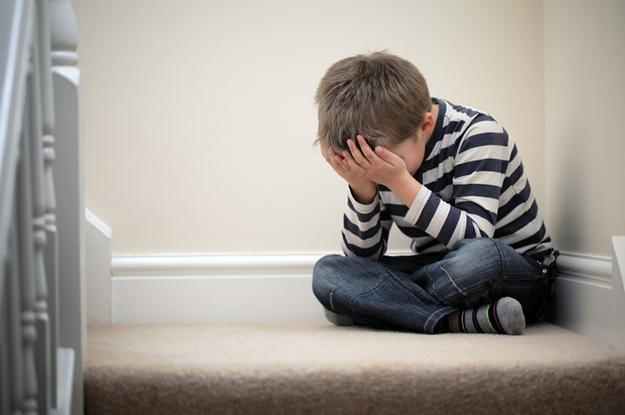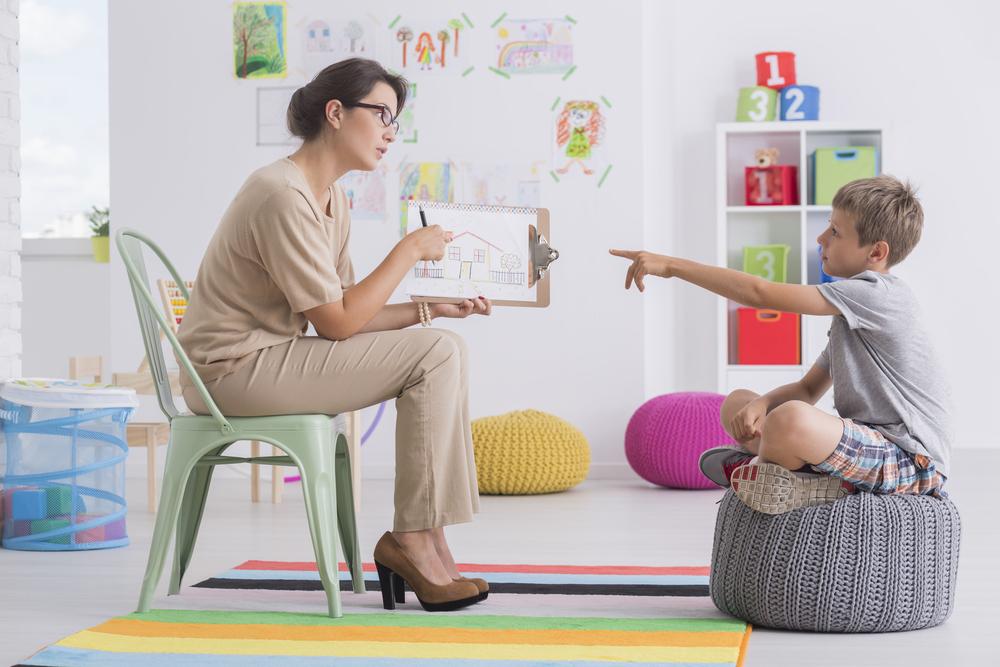3 Tips For Looking After Your Child’s Mental Health
It comes as second nature to most parents that when your child runs a fever or breaks out in chicken pox you take notice and give care. You would never tell them to just grit their teeth and go to school, because, being unwell, they need time and attention in order to get better. Parenting a child with mental health problems requires the same kind of care, though it’s often not as simple as administering some cold medicine or whipping up a batch of chicken soup. Understanding the signs of mental health issues, seeking help to treat those issues and paying careful attention to your own reactions and feelings are all great ways of looking after your child’s mental health.

Understanding the Signs
Since children sometimes have difficulties expressing their concerns, it’s important to be attuned to their behaviour, and to understand the so-called “red flags” that might indicate a mental health issue. If your child shows drastic, lasting changes in their behaviour or mood, if they find it difficult to concentrate or complete small tasks, and certainly if they show signs of self-harm or substance abuse, you need to contact a child Psychologist. Knowing when you need to consult a child Psychologist can seem tricky, but airing on the side of caution is favourable – there is nothing to be lost in having your child psychologically assessed.
Seeking Help
A child Psychologist will help you better understand why your child might be experiencing changes in mood or behaviour and determine a possible diagnosis. From the assessment, a Psychologist can develop a treatment plan suitable to your child’s needs. In much the same way you would have your child’s physical illness checked out and attended to by a doctor, visiting a child Psychologist is very important to their health and wellbeing.

Evaluating Your Reactions
When met with behavioural changes, especially those traditionally considered “bad”, like anger, frustration or misbehaving, a parent’s instinct might be to react harshly. It’s important to understand that these behaviours are only what have bubbled to the surface; there is a complex underworking to every person’s behaviour. What’s needed of you is to be understanding, to encourage them to communicate their feelings, and to not be simply reactive. Engage them in a conversation about why they’re behaving a certain way, making sure to recognize and validate their feelings.
Also, you need to consider your own mental health, and how your child’s mental health issues might be affecting you. If you feel hopeless, helpless, ashamed or overwhelmed, talk to someone, whether it’s a friend, spouse or mental health professional. It’s difficult to provide the support your child needs when you yourself are dealing with unexpressed problems.
Looking after your child’s mental health is not easy, but with some effort and love you can absolutely have a positive impact on their health and wellbeing. And it never hurts to remind yourself: you are a good parent, and you’re doing the best you can.


